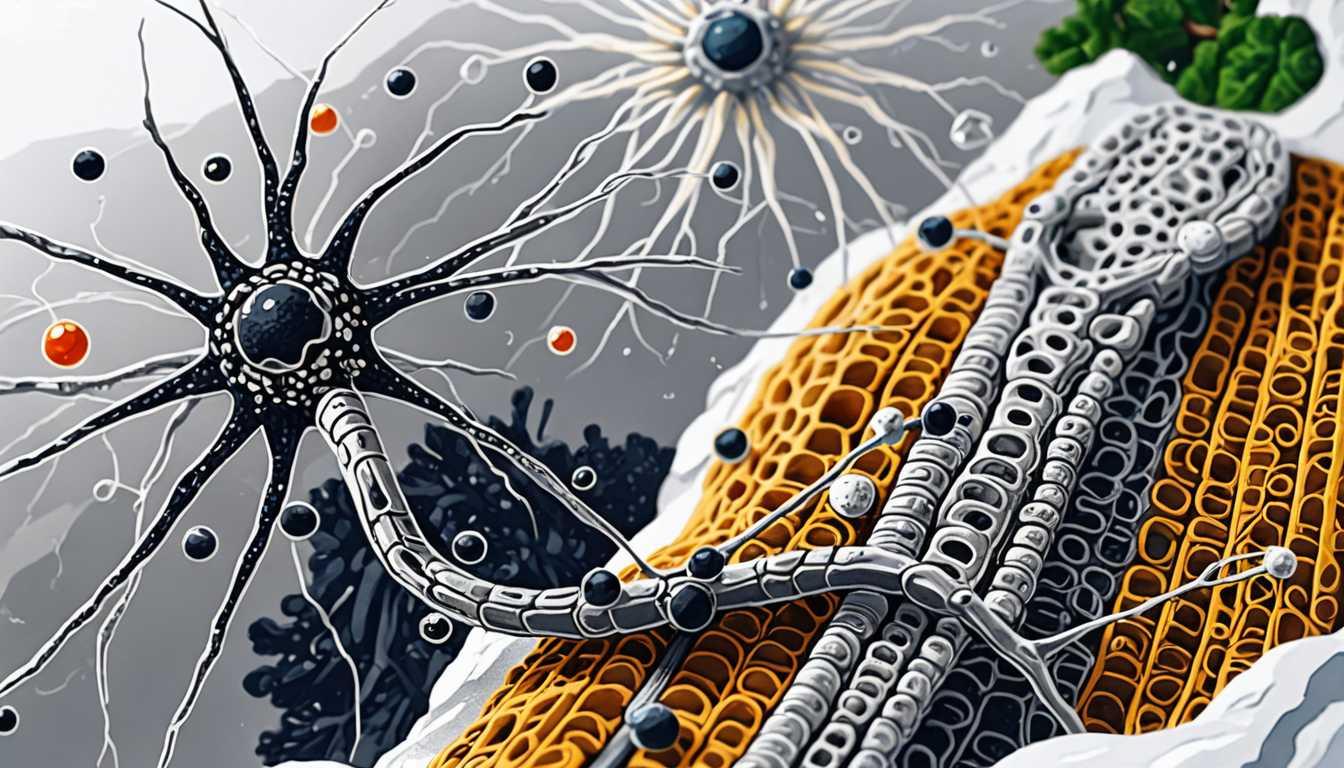Drones vs. Dengue: A Tech Solution
March 2024
MIT Technology Review
Introduction
Dive into the buzzing world of tech meets biology with MIT Technology Review's latest piece! Discover how a São Paulo startup is taking on the global dengue challenge using drones to deploy sterile mosquitoes. This isn't just a flight of fancy—these drones could be the key to curbing epidemics in hard-to-reach breeding grounds. It's tech innovation with a bite!
READ FULL ARTICLEWhy It Matters
Discover how this topic shapes your world and future
Buzzing into the Future with Drones and Disease Prevention
Imagine a world where the deadliest animal is not a shark or a lion, but a tiny mosquito. This is our reality, as mosquitoes transmit diseases like dengue, affecting millions globally. Now, picture drones buzzing through the sky, not taking pictures or delivering packages, but releasing sterile mosquitoes to fight these diseases. This innovative approach by a startup in São Paulo could revolutionize how we tackle the spread of mosquito-borne illnesses, particularly in hard-to-reach areas. Understanding this topic isn't just about science—it's about seeing real-world applications of technology and biology coming together to solve global health issues. It's relevant to you because it combines technology, ecology, and health—fields that might shape your future careers or inspire you to think about how you can contribute to global challenges.
Speak like a Scholar
Sterile Insect Technique (SIT)
A method of pest control using the release of sterile animals to reduce the population of the species.
Aedes aegypti
The species of mosquito known for spreading diseases like dengue and zika.
Epidemiology
The study of how diseases spread and can be controlled within populations.
Drone Technology
The use of unmanned aerial vehicles (UAVs) for various practical applications, from photography to agriculture and now, public health.
Vector Control
Methods used to eliminate or manage animals that transmit disease pathogens.
Interdisciplinary
Involving two or more academic disciplines, which in this context, includes technology, biology, and public health.
Independent Research Ideas
Impact of Climate Change on Mosquito Populations
Investigate how global warming affects the breeding and distribution of disease-carrying mosquitoes.
Ethical Implications of Genetic Modification in Disease Prevention
Explore the ethical considerations and potential long-term effects of using genetically modified organisms (GMOs) in public health.
Comparison of Disease Control Methods
Analyze different mosquito control methods, including chemical, biological, and technological, to determine the most sustainable and effective strategies.
Drone Technology in Remote Areas
Study how drone technology can be adapted for various uses in remote or hard-to-reach areas, beyond mosquito control.
Public Health Education and Disease Prevention
Research the role of community education in successful public health initiatives and how it can enhance the effectiveness of technological solutions like drone-released mosquitoes.
Related Articles

Sisal Pads: Ending Period Poverty
November 2023
Stanford University

Muscle Magic: Cells' Gym Day
October 2023
Massachusetts Institute of Technology (MIT)

Decoding ALS: MIT's Groundbreaking Study
May 2024
Massachusetts Institute of Technology (MIT)

Glow or No-Go: The Petunia Tale
April 2024
MIT Technology Review

New Asthma Insights Unveiled
April 2024
King's College London